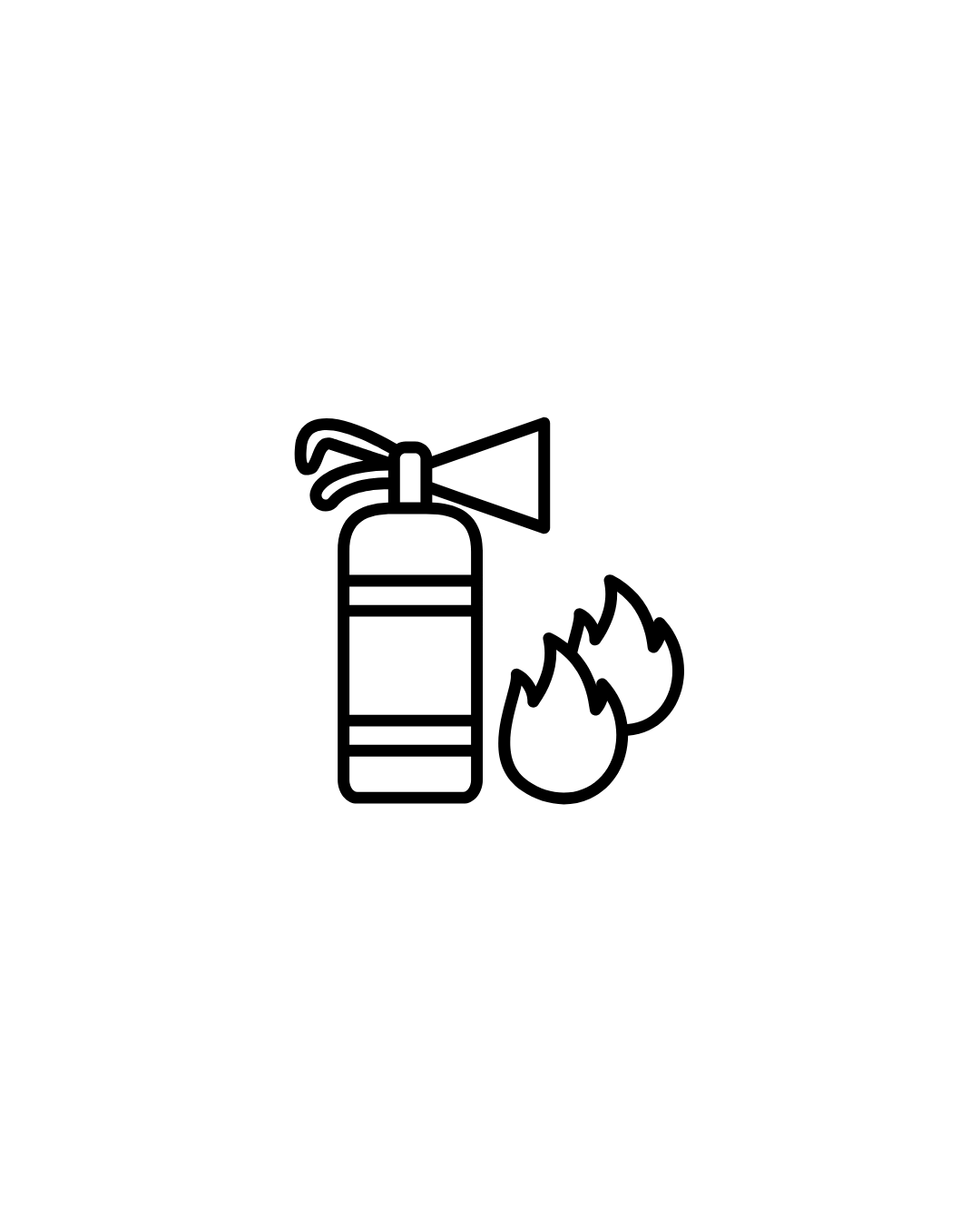Description
A Diploma Course in Industry Safety and Fire is designed to provide students with comprehensive knowledge and practical skills necessary for ensuring safety in industrial environments and managing fire risks. The curriculum typically combines theoretical understanding with practical applications, and covers various aspects of safety management and fire protection.
Curriculum Overview
Here are the key subjects that are generally included in the curriculum:
Introduction to Safety Management:
Fundamentals of safety management principles
Regulatory and legal frameworks related to workplace safety
Hazard Identification and Risk Assessment:
Methods for identifying workplace hazards
Techniques for conducting risk assessments and implementing control measures
Fire Science and Fire Prevention:
Understanding fire behavior and combustion
Fire prevention strategies and fire safety management
Fire Safety Regulations and Standards:
Overview of fire safety laws, codes, and standards (e.g., NFPA, OSHA)
Compliance requirements for industries
Emergency Preparedness and Response:
Developing emergency response plans
Training for emergency drills and incident management
Fire Protection Systems:
Types of fire protection systems (sprinklers, alarms, extinguishers)
Design and maintenance of fire safety systems
Occupational Health and Safety:
Comprehensive understanding of health and safety regulations
Policies and procedures to ensure worker safety
Accident Investigation and Reporting:
Techniques for investigating workplace accidents
Report writing and analysis of incidents for prevention
Environmental Safety:
Understanding environmental regulations
Strategies for managing environmental risks in industrial settings
Safety Training and Communication:
Skills for effective safety training programs
Communication techniques for promoting a safety culture in the workplace
Career Opportunities
Graduates of a Diploma in Industry Safety and Fire can find a range of career opportunities across various sectors, including manufacturing, construction, oil and gas, and public safety. Some potential job roles include:
Safety Officer/Coordinator: Responsible for implementing safety programs, conducting inspections, and ensuring compliance with safety regulations.
Fire Safety Officer: Ensuring fire safety protocols are followed, conducting fire risk assessments, and managing fire prevention programs in industrial settings.
Health and Safety Manager: Overseeing an organization?s health and safety policies, conducting training sessions, and managing safety audits.
Emergency Management Specialist: Developing emergency response plans and coordinating drills and training for emergency situations within an organization.
Fire Protection Engineer: Designing fire protection systems and performing safety analyses to enhance fire safety in buildings and industrial plants.
Occupational Health and Safety Consultant: Providing expert advice to organizations on safety management systems, compliance, and employee training.
Loss Prevention Specialist: Analyzing risks and developing strategies to prevent accidents and losses in industrial and commercial operations.
Corporate Trainer: Designing and delivering training programs focused on safety protocols, fire prevention, and emergency response.
Safety Compliance Inspector: Conducting inspections of facilities to ensure adherence to safety standards and regulations, and recommending corrective actions.
Industrial Hygienist: Focusing on workplace health and safety, evaluating hazardous conditions, and implementing controls to protect workers.
Further Education
Completing a diploma in Industry Safety and Fire can also provide a pathway to advanced degrees or certifications, such as a Bachelor’s degree in Occupational Safety, Environmental Health, or related fields, as well as specialized certifications in fire protection or safety management.
If you have any specific questions regarding the course structure, job roles, or further studies, feel free to ask!









